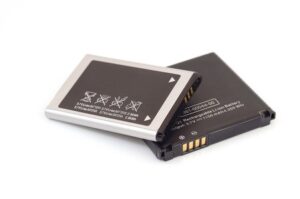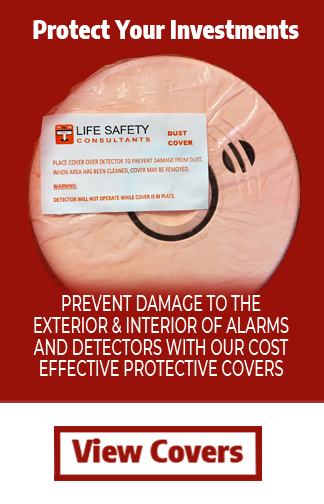 Recently, lithium ion battery fires made global news headlines when the batteries in Samsung’s Note 7 smartphones started bursting into flames, causing property damage and injuries to users. The company has since recalled the phones, and its engineers are still working to determine the root cause of the fires. The fires in Samsung’s phones may be the most notable examples of lithium ion battery fires, but they’re far from the only ones.
Recently, lithium ion battery fires made global news headlines when the batteries in Samsung’s Note 7 smartphones started bursting into flames, causing property damage and injuries to users. The company has since recalled the phones, and its engineers are still working to determine the root cause of the fires. The fires in Samsung’s phones may be the most notable examples of lithium ion battery fires, but they’re far from the only ones.
Lithium ion batteries are everywhere these days—from our cars to our computers—and if they’re not handled properly they can all constitute fire hazards. The Note 7 fires may have been due to a manufacturing fault, but under the right conditions, any lithium ion battery can catch fire in a similar fashion. In fact, NASA has even had to cope with combusting lithium ion batteries recently, albeit on a much larger scale. Chances are you have at least a few of these batteries around your workplace, and today we’d like to take a moment to share some basic rules of lithium ion battery safety.
Storage
Lithium ion batteries should never be stored in direct sunlight for extended periods of time. Their storage container should not exceed 80°F to minimize the risk of fires caused by radiant heat. The batteries should also be stored away from other flammable and combustible items.
Charging
Be sure to always use a compatible charger when charging lithium ion batteries to prevent dangerous over-charging scenarios. Never leave a charging battery unattended for long periods of time in case it overheats and becomes unstable. If you notice the battery swelling or getting excessively hot when it charges, unplug it and cease using the battery immediately.
Extinguishing
You may use a standard multi-purpose ABC fire extinguisher to put out lithium ion battery fires, but you should only attempt to do so if you’ve been properly trained in the extinguisher’s operation. Because of the toxic nature of lithium ion fires, you always should call your local fire department for professional help as well.


